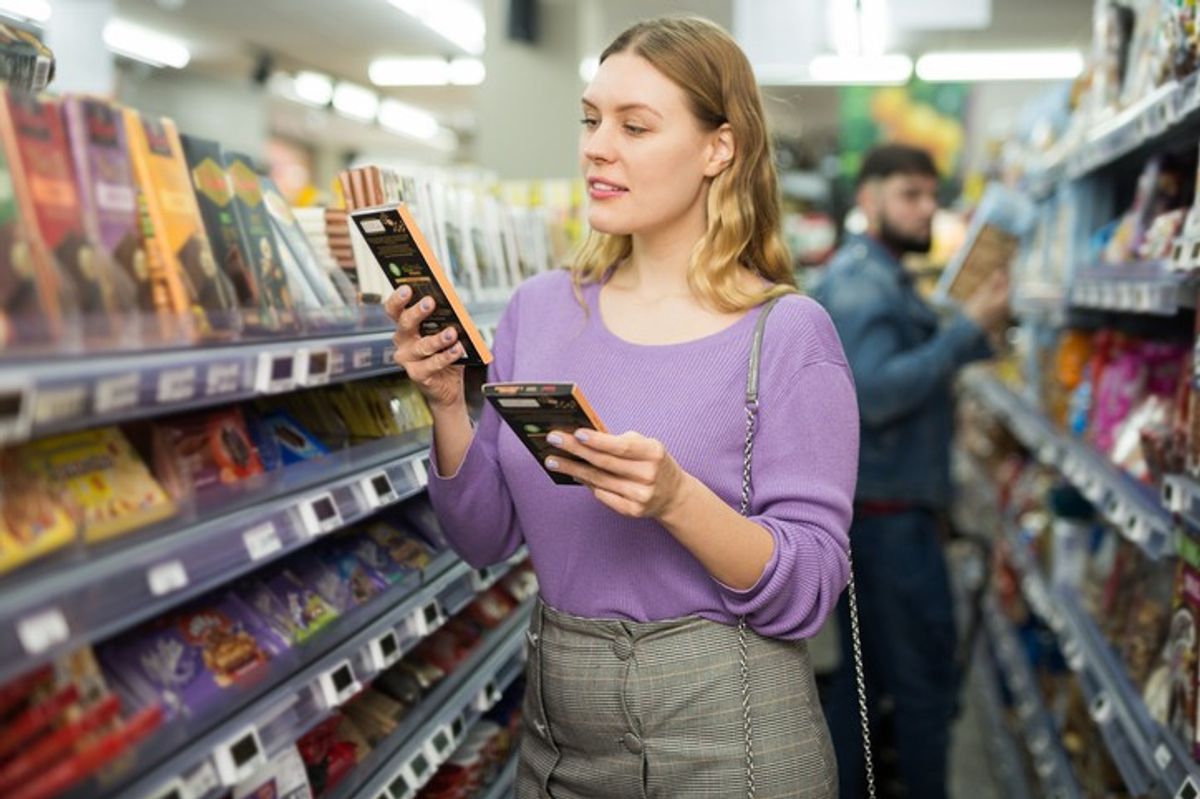Chocolate, desserts or sweets at home are some of the top ways in which people in the UK are treating themselves so far in 2024 as they cut their non-essential spend and adapt their buying behaviour to save money, states a recent report, highlighting consumer sentiment towards grocery sector's loyalty schemes.
According to KPMG UK’s Consumer Pulse survey (based on 3000 consumers) findings released recently, half of respondents said that their essential cost levels forced them to cut their non-essential spend in the first quarter of the year.
Despite more than half of consumers having cut their non-essential spend, the research showed the ways in which people are still managing to treat themselves so far in 2024. Chocolate, desserts or sweets at home were the most common outlet (for a third of people), while a coffee when out and about is second (for a quarter of people).
A quarter of consumers said that grocery was the sector that made them feel most valued as a customer.
Responding to the findings, Linda Ellett, UK Head of Consumer, Retail and Leisure for KPMG, said, “A third of people say they have used loyalty schemes more so far this year – which is little surprise, as shoppers search for best prices. It’s also a reflection of the hard work that retailers have put into being competitive on pricing, despite their own cost pressures.
"The grocery sector’s loyalty focus is reflected in consumers most commonly saying grocery is the area of the economy they feel most valued by."
The survey findings also show that consumers are continuing to adapt their buying behaviour to save money.
38 per cent are buying more own brand items (rising to 46 per cent in the North East) while 37 per cent are buying more promotional discount items (rising to 42 per cent in South East England). 36 per cent are using loyalty schemes more (rising to 42 per cent in the East of England) while 35 per cent are buying fewer items (rising to 40 per cent in Wales).
When asked about what brands they were switching on to save money, consumers most commonly said on frozen food (24 per cent), followed by fresh produce (fruit, vegetables, meat, bread, dairy), and clothing.
Ellett said, "Essential costs remain at a level where nearly half of the consumers we surveyed said they have cut their non-essential spend in the first quarter of the year. Most of the remainder are spending at the same level as they were at the end of last year, but only three per cent said they’ve been able to increase their discretionary spending.
“Should macroeconomic conditions lead to an easing of pressure on household budgets, then four times more consumers say they would boost or replenish their savings, rather than spend more on non-essentials. If true, it raises significant questions about whether taming inflation leads to a consumer spending boom, or just a rebuilding of savings balances that some consumers have used to offset, or totally pay for, the higher cost of essentials over recent years.”


